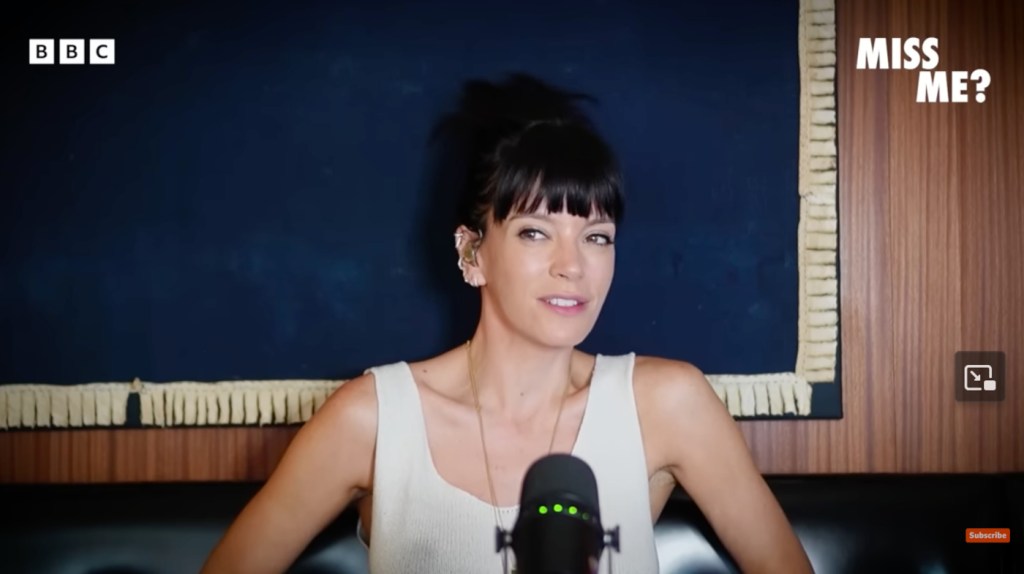The BBC’s coverage of the Notting Hill carnival has been almost relentlessly positive. But the rosy view of the festivities was finally shattered this weekend when the Metropolitan Police released a statement confirming the death of two people who were attacked at the event. The force said both killings were now being treated as murder investigations.
Smiling photos of the victims – 32-year-old mother Cher Maximen and 41-year-old chef Mussie Imnetu, who was visiting London from Dubai – accompanied the reports, their carefree expressions underlining the senseless destruction of two lives.
Why is the BBC so determined to give such favourable coverage to an event with a lamentable track record of violence and criminality?
Pushing down feelings of horror and grief, I experienced momentary relief that the BBC was finally giving due prominence to such a serious story.
But as I read the bleak details of the story I felt a growing sense of dismay that it had taken two murders for the BBC to steer away from its relentless propaganda for the carnival.
Before the harrowing consequences of this year’s event became clear, the BBC News website published articles with headlines such as, ‘Global visitors join Notting Hill celebrations’, ‘Our Notting Hill love story’ and ‘Children’s joy at Notting Hill Carnival parade.’
An article on the CBBC Newsround webpage told its young readers to expect ‘a loud, colourful and vibrant event’ with ‘plenty of dancing, singing and processions that take place through the streets’. There was no mention of crime.
During the carnival itself, a special BBC News ‘Live Page’ was published online. The headline set the upbeat tone: ‘Fabulous costumes and a “feast for the senses” as thousands turn out for Notting Hill Carnival.’ One reporter, on the ground during day two of the carnival, gushed: ‘From what we found among the crowds, the celebrations are going off peacefully with an electric energy in the air.’
Yet a different picture emerged further down the page with a few paragraphs about a mother with her child who ‘narrowly avoided being killed after she was stabbed’. As it turned out, that line proved to be tragically mistaken.
Cher Maximen was one of eight people who were stabbed during this year’s two-day jamboree. Her wounds proved fatal. In total, 349 arrests were made. Seventy-two people were detained for possession of an offensive weapon. One person was held for possession of a gun. More than 50 arrests were made for assaults on emergency workers. Thirteen people were detained on suspicion of carrying out sexual offences.
Even before the costumed throngs hit the streets of west London, blood had been spilled. A 15-year-old boy, Rene Graham, was shot dead in July during a pre-carnival event in a west London park. His killer remains at large. Judging by a recent re-appeal for witnesses to come forward, a wall of silence appears to be hampering the police investigation.
The violence is predictable and follows a steady pattern. Met data shows there were ten stabbings at the carnival in 2023, seven in 2022 (one fatal), 18 in 2019, seven in 2018 and 12 in 2017. Yet the street party goes on and the BBC coverage is stubbornly positive. Why is the BBC so determined to give such favourable coverage to an event with a lamentable track record of violence and criminality?
As I have written here on previous occasions, the BBC tries its best to fulfil its mission to ‘provide duly accurate and impartial news’ but the editorial Overton window has moved significantly in recent years. There isn’t a ‘progressive’ value the BBC doesn’t seek to promote these days and identity politics has engulfed the Corporation.
The BBC’s intentions are good: a fear of feeding the bigoted prejudices of the knuckle-dragging, lager-fuelled white-power mob. But we know what the road to Hell is paved with. I believe the BBC is actually letting BAME communities down by turning a blind eye to some of the major problems blighting their neighbourhoods.
It is young people from BAME backgrounds who are predominantly victims and villains in this horror show. A 2022 report on the London Assembly website opened with this stark assessment: ‘Despite making up only 13 per cent of London’s total population, black Londoners account for 45 per cent of London’s knife murder victims, 61 per cent of knife murder perpetrators and 53 per cent of knife crime perpetrators.’
Twenty-one teenagers were killed in London last year – 18 were stabbed, two were shot and one was killed after his moped was hit by a car. Vulnerable children, some already suffering trauma due to challenging family environments or experiences in their countries of origin, are being killed, injured or incarcerated on a disturbing scale.
The result of this is ruined lives: dead kids and young gang members locked up for decades, their misplaced dreams of notoriety slowly fading as they are forgotten by their peers and swallowed up by our squalid and failing prison system.
I recall during the pandemic that some of my virtue-signalling BBC colleagues would justify promoting daft and draconian measures designed to ‘stop the spread’ by shrugging and saying, ‘If it saves just one life it is surely worth it.’ Setting aside the intellectual bankruptcy of this myopic viewpoint, it is telling that this yardstick is not being applied to coverage of crime.
If it was, the BBC would be giving more prominence to voices calling for the Notting Hill Carnival to be cancelled, or at least put on hiatus, and the eye-watering sums it costs to police the event channelled instead towards taking back control of London’s streets and protecting the communities terrorised by crime.







Comments